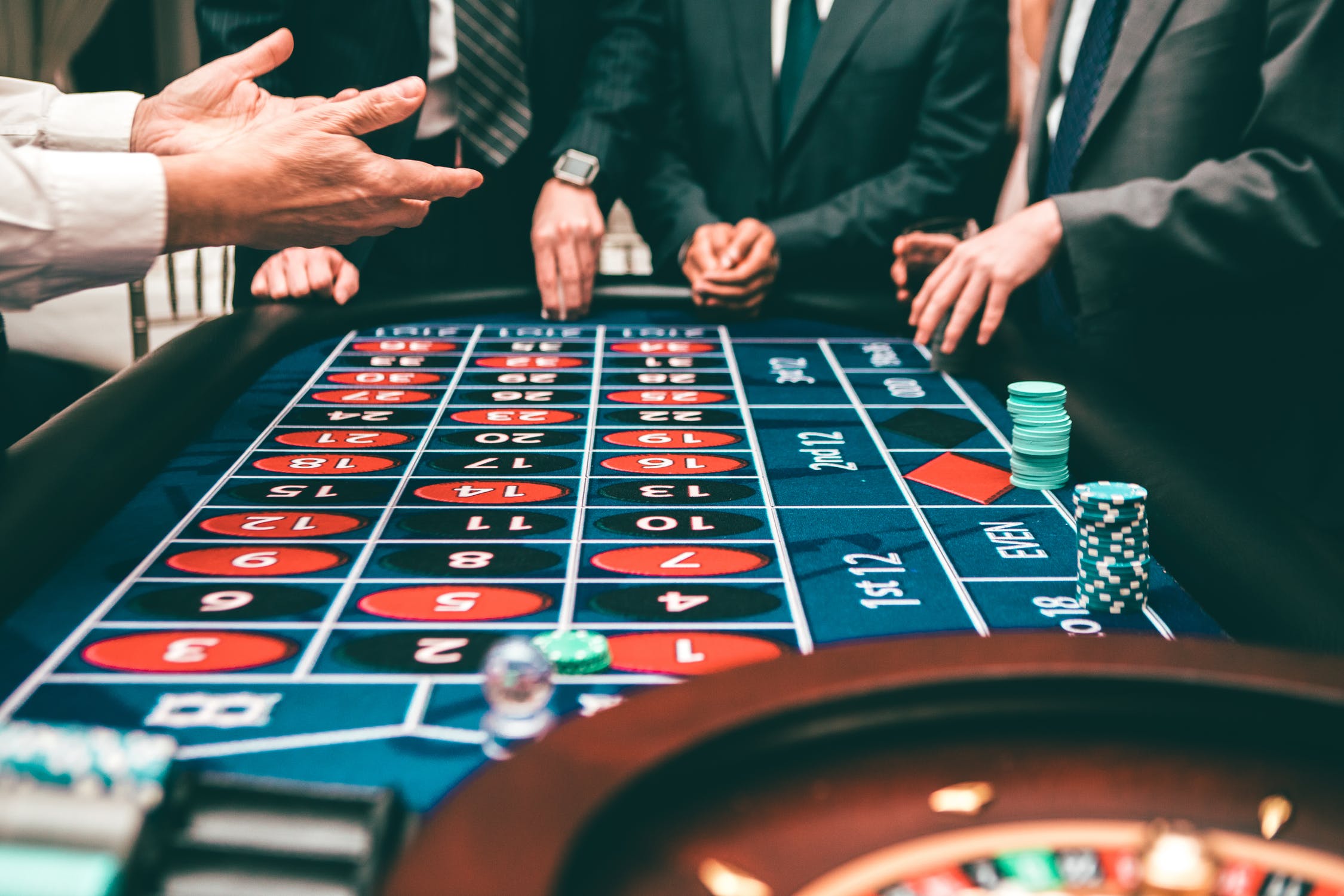
In the dynamic world of casinos, where the air buzzes with enthusiasm and the clinking of tokens fills the environment, the role of a game dealer is both essential and captivating. Daily, these experienced professionals step into a world where luck and tactics converge, leading players through the highs and lows of their selected casino games. From table games like blackjack and texas hold ’em to the spinning wheels of roulette, dealers facilitate the action while making sure that each game operates seamlessly and fairly.
As the sun rises on another busy day, a casino game dealer prepares to immerse themselves in this vibrant setting. Their responsibilities extend beyond merely distributing cards or turning a roulette wheel; they are also entertainers, customer service representatives, and guardians of the game regulations. Each shift brings new challenges and interactions, making every day unique in the life of a casino dealer. This behind-the-scenes look will explore the daily routine of a casino game dealer, showcasing the expertise and experiences that make this career both exciting and rewarding.
The Role of a Casino Game Dealer
A casino game dealer is at the core of the gaming experience, managing the progress of the play while making sure that players are engaged and entertained. Their main duty is to oversee the table, which includes distributing cards, rotating the wheel, or handling the chips, depending on the type of game being played. Croupiers must have a deep understanding of the rules and guidelines governing each type of game, while also maintaining a friendly and welcoming demeanor to improve the gambling atmosphere.
In addition to managing the play, croupiers must also monitor on the players and the environment around the table. This includes monitoring for any signs of cheating, ensuring that everyone is adhering to the rules, and addressing any conflicts that may arise among players. Strong communication skills are essential, as dealers often provide explanations about the rules and mechanics and give assistance to those who may be novice to casino games.
Moreover, a dealer’s role extends past just the technical aspects of the game. They play a key part in crafting an enjoyable experience for the players. This requires establishing a rapport with patrons, being attentive to their wants, and often injecting an aspect of fun into the play. It’s this combination of talent, alertness, and people skills that makes the role of a casino table dealer both challenging and rewarding in the dynamic world of gambling games.
Daily Responsibilities and Challenges
One of the primary responsibilities of a casino game dealer is to oversee the various games offered at their table, ensuring a smooth and pleasant experience for players. Dealers must be skilled at distributing cards, handling chips, and maintaining the continuity of the game. This calls for a deep understanding of the regulations of each game, from blackjack to roulette, and the ability to address players’ questions while keeping the game progressing. Attention to detail is paramount, as dealers must monitor bets, disburse winnings accurately, and monitor any cheating or discrepancies at the table.
In addition to managing the game itself, dealers encounter challenges such as managing difficult players. The casino environment can be high-pressure, particularly during intense games, and a dealer must remain composed and maintain professionalism at all times. They need strong interpersonal skills to navigate interactions with players who may be frustrated about losses or dissatisfied with the game’s speed. Navigating these situations delicately is important in ensuring a friendly atmosphere on the casino floor.
Another major responsibility is upholding the honesty of the game. Dealers must be vigilant and observant, watching for any signs of player cooperation or cheating among players. This entails not only a solid knowledge of the games but also an awareness of human behavior. They must also adhere to the casino’s regulations and procedures, taking part in regular training sessions to stay informed on rules and protocols. Balancing these responsibilities while providing top-notch customer service is what makes the role both challenging and fulfilling for a dealer in a casino.
Attributes and Traits for Success
A effective casino game dealer must demonstrate superior communication skills. This includes not only the ability to clearly explain game rules and procedures to participants but also the capacity to interact with them in a friendly and professional manner. https://ta88j.com/ Cultivating rapport with customers can enhance the gaming experience and promote repeat visits to the casino. Strong communication enables dealers to manage tables seamlessly while ensuring that players feel valued.
Additionally, strong mathematical skills are essential for a dealer. Quick arithmetic are often required to monitor bets, payouts, and game outcomes in real-time. A dealer’s ability to perform these numerical tasks accurately and swiftly contributes to the overall efficiency of the game. This skill helps in maintaining the flow of play and in minimizing disputes or misunderstandings with players, which is crucial in a dynamic casino environment.
Lastly, an ideal casino game dealer should demonstrate integrity and professionalism at all times. Trust is a crucial component of the gaming experience, and players must feel assured that the games are conducted fairly and openly. A dealer’s dedication to upholding high ethical standards fosters a positive atmosphere at the table and enhances the casino’s image. Being reliable in behavior ensures that dealers leave a memorable impression on guests, which can lead to a dedicated customer base.